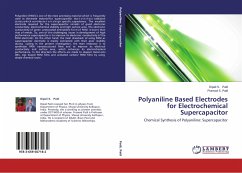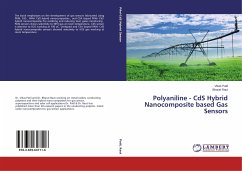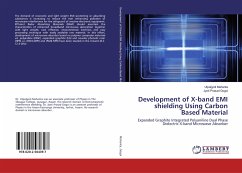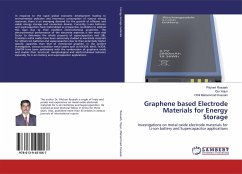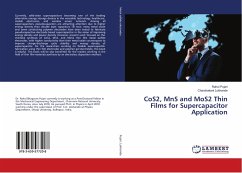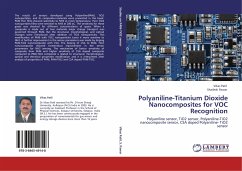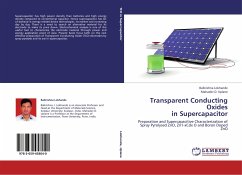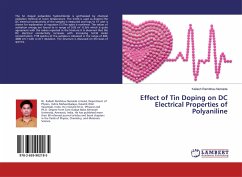Polyaniline (PANI) is one of the most promising material which is frequently used as electrode material for supercapacitor due to its four oxidation states which contribute to its high specific capacitance. The excellent electrode required for the supercapacitor consists of good electronic conductivity, electrochemical stability and high surface area. The electronic conductivity of green protonated emeraldine form of PANI is lower than that of metals. So, one of the challenging issues in development of high performance supercapacitor is to improve its electronic conductivity of the PANI electrode. On the other hand, the main drawback of using PANI as supercapacitor electrode is mainly connected with their poor stability during cycling. In the present investigation, the main endeavor is to synthesize PANI nanostructured films and to improve its electrical conductivity and surface area, which enhances its electrochemical performance. In this direction the efforts are made to deposit metal ions (Mn, Ag) doped PANI films and activated carbon/ PANI films by using simple chemical route.
Bitte wählen Sie Ihr Anliegen aus.
Rechnungen
Retourenschein anfordern
Bestellstatus
Storno

